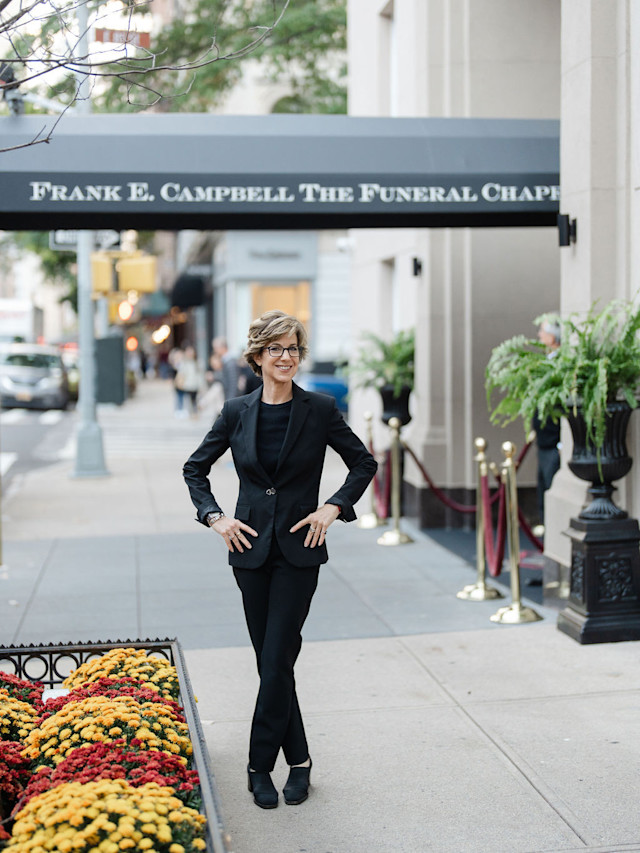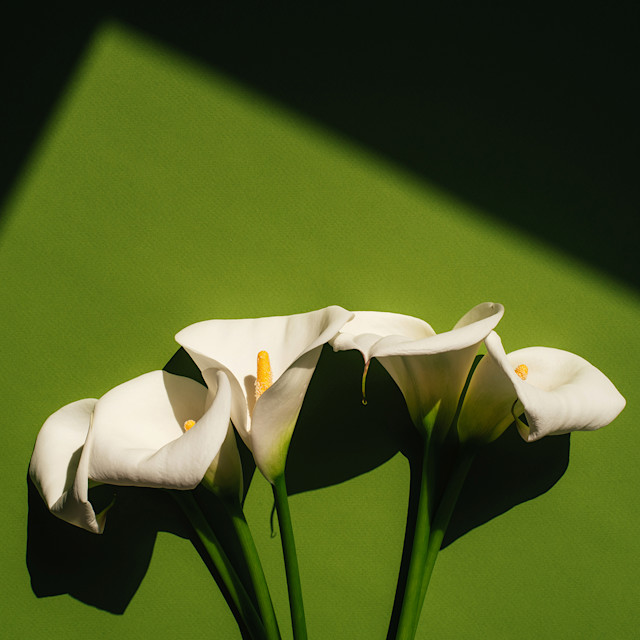The author shares why her 2003 novel is still relevant today.
You may recognize the name Alix Strauss if you’ve read The New York Times in the past two decades. She’s a frequent contributor who writes about the Sunday routines of interesting people (think: actors, news anchors, ice cream scoopers), weddings, and real estate, among other lifestyle topics.
But earlier in her career, Strauss penned a rather unique essay for The Times: her experience with funerals. The article set the wheels in motion for a novel, “The Joy of Funerals,” initially released in the early 2000s. Last fall, the book was re-released for its milestone 20th anniversary.
The world has changed so much within a two-decade span — and certainly within the past four years when it comes to topics of funerals, loneliness, and gathering. So Equinox+ spoke with Strauss to discuss what initially inspired the book and why it’s important to resurface these same topics today. Read on for a conversation with the accomplished journalist and author.

What inspired you to write this book more than 20 years ago?
“I was fascinated by funerals as a child. A lot of it is because I'm the only, only child ever in my family. Even though both my parents could have had more children, they decided to just have me, but nobody else in my family tree, as far as you can trace, has had only one child.
“[My parents] didn't connect me to other members of my family in a way that really fostered relationships, so I wasn't invited to the weddings, and I don't even know if we had reunions. I wasn't invited to anything else.
“I learned very quickly that for a funeral, everyone is invited and everyone deserves a chance to say goodbye, and we were included in that. There were not a lot of funerals but enough that I met members of my family that I didn't know. It was a very intense and intimate and communicative experience, and I hadn't really had that growing up. To me, those were the reunions.”
RELATED: Why We Need Community
How did the idea for the book come about?
“It really started with a piece in the Lives section of The New York Times Magazine. That last page in the magazine — when there was a Lives section — it was a very coveted section and I wrote about why I liked funerals. At the time I had been working on a couple of short stories, and in each short story, someone had died.
“I had written this essay and I thought, ‘Well, wouldn't it be interesting if I had a character that went to other people's funerals because she couldn't connect with anyone in her life?’ That's really how it started and then it grew from there.
“In ‘The Joy of Funerals,’ there's eight short stories in which someone dies — and you are only told about either the aftermath or what happened before. You're never at the funeral until you reach the novella part of ‘The Joy of Funerals,’ and then it's about this main character: a funeral attending junkie if you will.”
What was the first funeral you remember?
“The first one I think I went to was for my grandmother, and I was very, very close to my grandmother. I was 13. I was so fascinated by the intensity and by my mother's friends who were really, really nice to me and [by] the relatives that I had met that I didn't know I had. I found this temporary sense of belonging. I was sad, but not sad because I was on this little high. In the aftermath, when everybody's gone, you really take it all in. And then later on, you realize we're all there for the same reason.”
Funerals are a place for community, in a way.
“There's this extraordinary commonality even for the people who are strangers to you. You were there for the same reason: to celebrate this person who is in your life.”
RELATED: Find Community in a Supper Club
How do you think discussing death and funerals has changed in the last two decades?
“I think that's part of why this [book is] resonating with people 20 years later, because the novel is all about our need for community. It is about loss and grief. We used to whisper the word cancer. We don't do that anymore. We didn't talk about grief and loss and loneliness. We're just starting to do that now. It's because so much of it has been magnified because we've come out of a pandemic. We are extra lonely, we are extra lost, the world is on fire, and I think social media has also really created a fake intimacy for us.”
Do you have any advice for people feeling lonely and looking for community?
“Texting is not an actual relationship. It is not a replacement for a relationship. Instagram is not a real relationship. A lot of us have confused it with being so, and I think that has also added to everybody's feeling of disconnection and loss and loneliness.
“I think we need to figure out a way to see people in person, human to human. New York is great for doing that because there are people everywhere. The gym is a great way to meet people, or coffee shops. I think quality time is important and experiences are important. Shared experiences.”
Photo Courtesy of Alix Strauss
